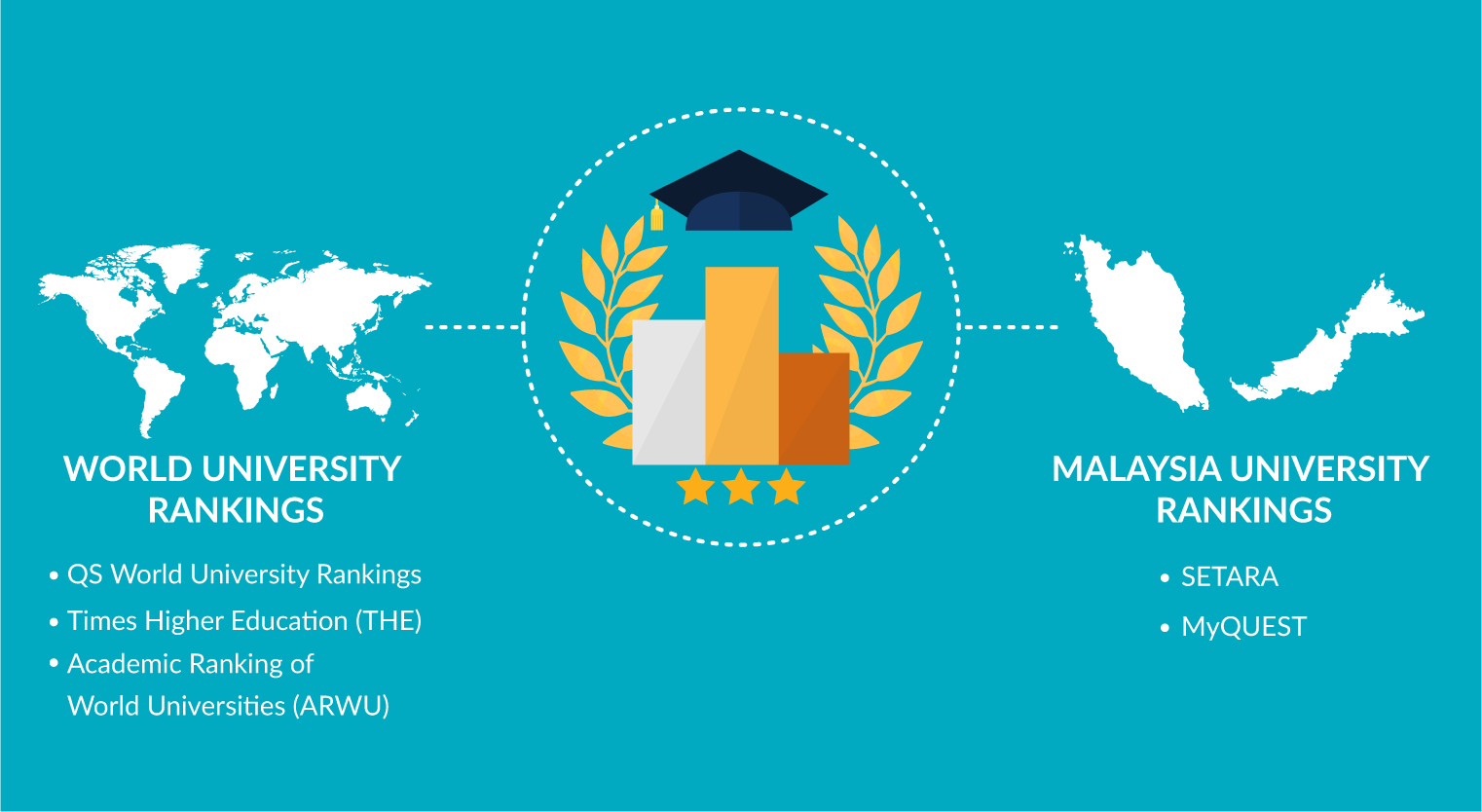
Introduction: The rise of university rankings
University rankings have become a hot topic in recent years, sparking debates among students, parents, and educators alike. As prospective students sift through endless lists of schools vying for their attention, it’s hard not to wonder:
just how much do these rankings matter? Do they truly reflect the quality of education or are they merely numbers that can sway decisions?
With so many voices weighing in on this issue, it’s essential to unpack what university rankings really mean and how they influence choices made by future scholars. Let’s dive into this fascinating world where stats meet personal aspirations!

The methodology behind university rankings
University rankings utilize various methodologies to assess institutions. Each ranking organization has its own criteria, leading to different results. Common factors include academic reputation, faculty quality, research output, and student satisfaction.
Some organizations rely on surveys from academics and employers. They gather opinions about the perceived prestige of universities. Others emphasize quantitative data like graduation rates or publications per faculty member.
The weight assigned to each factor varies significantly between rankings. For instance, while some prioritize research funding heavily, others may focus more on teaching effectiveness or student-to-faculty ratios.
These diverse approaches can lead to contrasting outcomes for the same university across different rankings. Understanding this methodology is crucial for students and parents navigating their college selection process without relying solely on these numbers as definitive measures of quality.
The impact of university rankings on students and universities
University rankings can significantly influence student choices. Many prospective students look at these rankings as a shortcut to evaluate institutions. They often believe that higher-ranked universities offer better education and job prospects.
For universities, being ranked high attracts more applicants. It enhances their reputation and boosts enrollment numbers. This competitive edge drives schools to invest in facilities, faculty, and programs to climb the ranks.
However, this focus on rankings can create stress for both students and institutions. Students may feel pressured to attend top-tier schools without considering other important factors like culture or fit. Universities might prioritize metrics over meaningful educational experiences just to maintain their standing.
The rush toward achieving better rankings can lead some institutions into a cycle of superficial improvements rather than genuine growth or innovation in teaching methods or research initiatives.

Criticisms of university rankings and their validity
University rankings often face scrutiny regarding their validity. Critics argue that these rankings emphasize research output over teaching quality. This can lead to an inaccurate portrayal of what a university truly offers its students.
Moreover, the methodology used for ranking varies significantly between organizations. Some prioritize certain metrics like faculty-to-student ratios while others focus on post-graduation employment rates. This inconsistency raises questions about which factors genuinely matter in assessing educational quality.
Another concern is the potential for bias within rankings themselves. Institutions may game the system by investing more heavily in areas that boost their scores rather than enhancing student experiences or academic rigor.
Many critics contend that relying solely on numbers overlooks vital aspects of campus life and culture, creating a narrow view of higher education’s value.
Factors to consider beyond rankings when choosing a university
When choosing a university, rankings are just one piece of the puzzle. You should look beyond numbers and reputation.
Consider location first. The environment can significantly impact your college experience. Urban campuses offer vibrant city life, while rural settings provide tranquility and close-knit communities.
Think about course offerings too. Some universities may excel in rankings but lack programs that align with your interests or career goals. Research faculty expertise and available resources for your desired field.
Campus culture is equally important. Visit if you can to gauge whether it feels welcoming and inclusive. Engaging with current students can give you genuine insight into daily life there.
Evaluate financial factors such as tuition fees, scholarships, and living costs. A prestigious university might not be worth the debt if it doesn’t fit your budget or if other institutions offer better financial aid packages tailored to your needs.

The importance of personal fit and individual goals in the college decision-making process
Choosing a university is deeply personal. It’s not just about rankings or prestige; it’s about finding the right fit for you.
Every student has unique goals and aspirations. What works for one person might not resonate with another. Consider your career ambitions, values, and interests when evaluating potential schools.
Campus culture plays a significant role too. Are you looking for a vibrant social scene or an academically focused environment? Understanding where you’ll thrive can shape your college experience significantly.
Location matters as well. Do you prefer urban hustle or serene countryside? The setting can influence every aspect of your life during school years.
Prioritize what feels right for you over external pressures. Your education should align with who you are and who you want to become, making that personal connection essential in the decision-making process.

Conclusion: University rankings are just one factor in the bigger picture
University rankings play a significant role in shaping perceptions about academic institutions. However, they represent just one piece of an intricate puzzle when it comes to selecting the right university. The methodology behind these rankings, while rigorous, can sometimes overlook essential factors that contribute to a student’s success.
It’s crucial for students and families to take a holistic view of what makes a university the right fit. Beyond numbers and statistics, personal aspirations and individual goals should guide decision-making processes. Engaging with campuses, talking to current students, and understanding program specifics often provide insights that rankings cannot capture.
Making an informed choice requires balancing various elements—rankings included but not solely dictating your path forward. A university’s environment, culture, support systems, and alignment with career objectives may hold more significance than its place on any list. In the end, finding where you thrive is what truly matters in your educational journey.



Leave a Reply